The Open Knowledge Conference (OKCon) 2013 is happening next week in Geneva, Switzerland. An event about Open data and open knowledge conference, running since 2005, it will feature a series of talks, workshops and discussions about the various dimensions of these themes. I took that as an occasion to ask few questions to Hannes Gassert, one of the co-organizer:

NN: What's OKCon and what are its purposes?
HG: The Open Knowledge Conference is the global gathering of a movement that strives to open up knowledge and make it used and useful. In Geneva, the event is bringing together developers and diplomats, designers and data activists to broaden and deepen the idea of open data. At the same time OKCon marks a major milestone for Switzerland: at the event, Switzerland's own "data.gov" will be launched at opendata.admin.ch.
I believe that's a big step for the movement as well as for Switzerland: we don't have some president saying "I want this", but a participatory political process touching all levels of governments, and I think that data-driven transparency will eventually emerge as the natural complement to our direct democracy. But I digress.
NN: "Open" culture is here for sometime now, but I always wonder about the difficulties. What's tough when it comes to Open Knowledge and the use of Open Data?
HG: Openly releasing your pictures, your music or blog posts were personal decisions. Now, as "open" is becoming a movement and a concept as important as "green", we're getting into actual politics. When we're talking about open government data and how, properly done, they foster transparency, accountability and public sector innovation, we're talking about things we can't decide on an individual level any more - now we're talking politics, now we're talking about data, like spending or crime data for example, whose mastery means actual power.
NN: Are there any areas where open-ness is not possible or relevant? That's a curious one but it's an issue I always wonder about because it leads to discussing the pros and cons of that approach.
HG: There's a clear limit, and it's given by strict standards of individual privacy. The individual person's right to "informational self-determination" is paramount. But this is a value to be applied to people, not to corporations or countries. Those too have legitimate interests in secrecy, but they need to be constantly balanced with the public interest.
NN: Open Source and Open Data are interesting but I'm even more intrigued by "Open Knowledge" and open knowledge construction. This is why my tumblr is called "Beta Knowledge" as a way to reflect the idea that our cultural material (science, art, etc.) is always in flux. It also highlights that "releasing knowledge" can be a way to let people do something out of it that is different from the original intention of the persons who created it at first. Can you elaborate on the longer-term consequences of an "Open Knowledge" society?
HG: Open knowledge is what open data becomes when it’s useful, usable and, in the end, actually used - so I'm right with you when it comes to emphasize the empowering aspect of Open Knowledge! "Open" doesn't mean much if it's not useful, that is accessible, understandable, meaningful or helpful to solve a real problem, make a relevant point or have an impact on how we think and live. In order to make this actually happen, we will need types of skills, increased data literacy among them, and tools that help turning raw material into knowledge that people can act upon.
Additionally, I do in fact believe that the great power information elites have already today, the great power data analysts, software developers and information visualization experts means great responsibility indeed. There are large groups of highly educated experts both creative and technical that have come to see themselves mainly as "citizens of the internet". It's beginning to dawn on everybody that that's not the case, that real-world realpolitik is indeed shaping both the bits and atoms that make up our world. What we're seeing in this movement is a chance for these groups to get involved with the society they live in, it's a chance for an new political awareness. Not using big data and affecting global changes right now perhaps, but using small data, and making a difference right here.
OKCon, in any case, is where many people come together who are committed to bring about those skillsets and toolsets, who are committed to the vision of a global movement building an open knowledge ecosystem. People who want to make a difference. I recommend to come and talk to them. You might be one of them yourself.
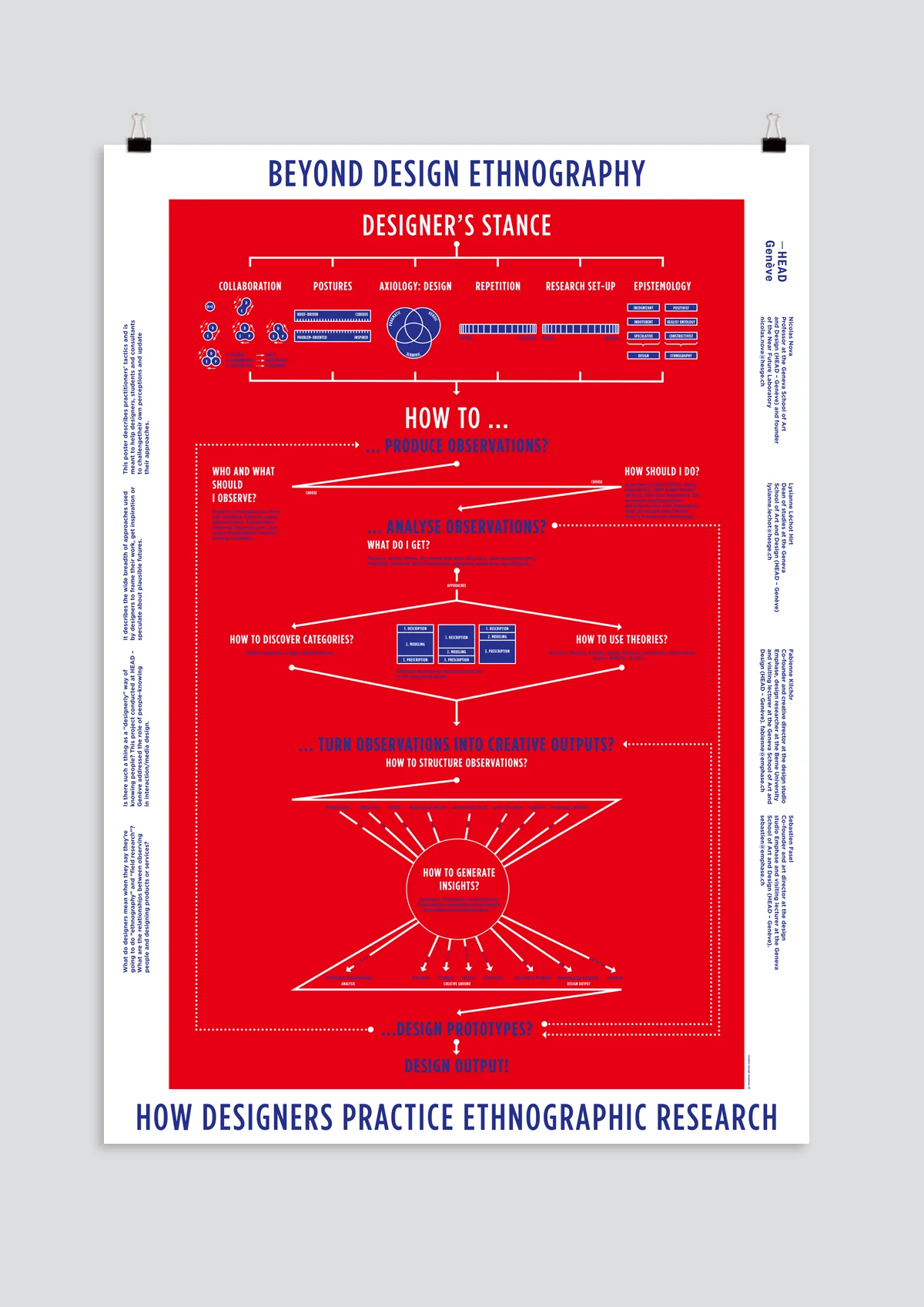
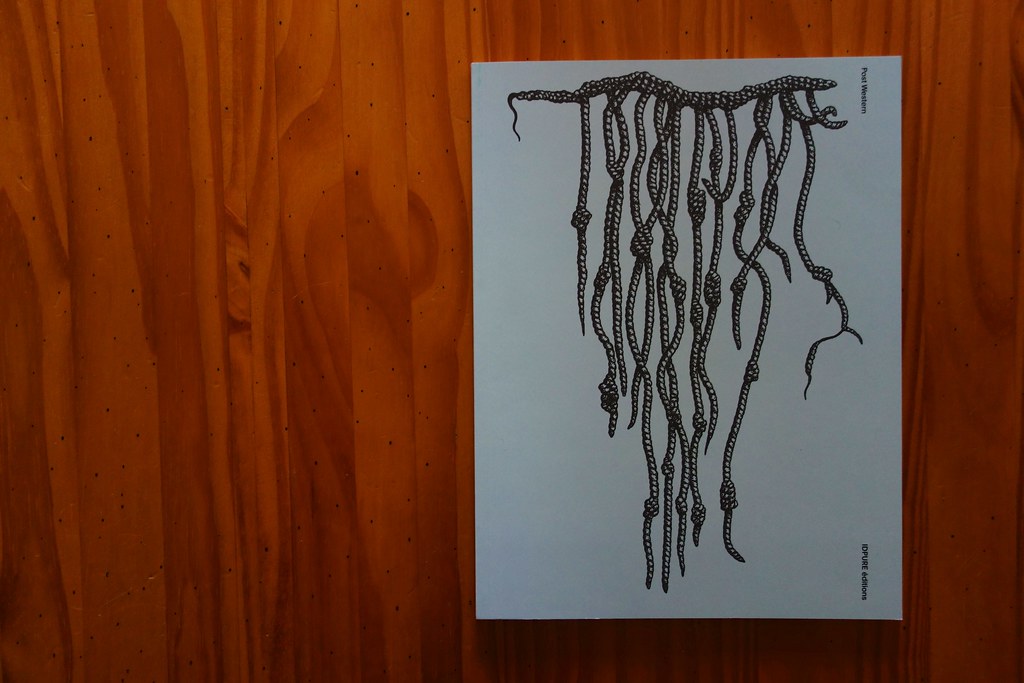
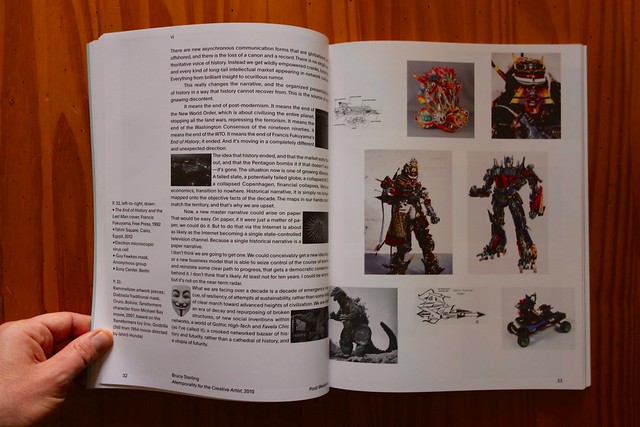
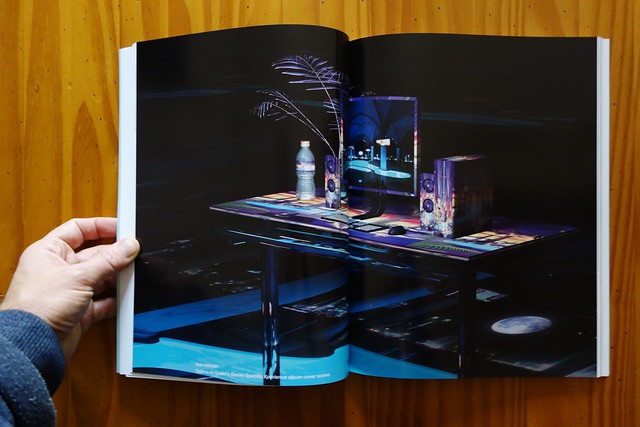







 So, as I mentioned the other day, I'm in Los Angeles this summer, being a visiting researcher at the Art Center College of Design in Pasadena. The project I'm working on there is called "CURIOUS RITUALS: Gestural Interaction in the Digital Everyday" and we've just set up a
So, as I mentioned the other day, I'm in Los Angeles this summer, being a visiting researcher at the Art Center College of Design in Pasadena. The project I'm working on there is called "CURIOUS RITUALS: Gestural Interaction in the Digital Everyday" and we've just set up a 

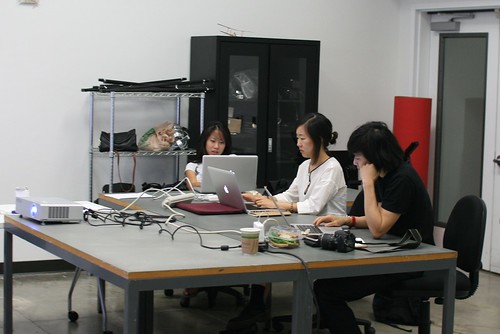 It's actually a 7-weeks project conducted by
It's actually a 7-weeks project conducted by 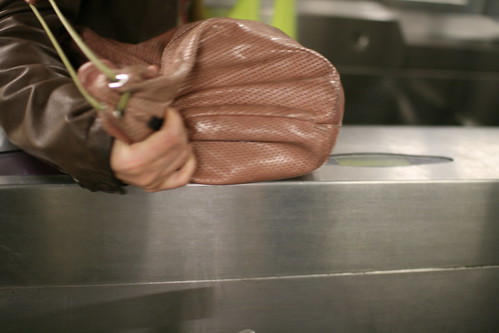


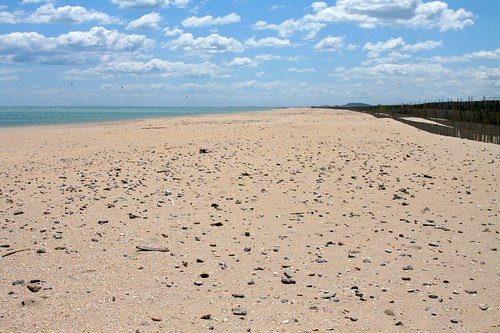 The week was short because I took few days off in the South of France to relax a bit, read some books, visit old cities and focus on reviewing projects from my students at the University of Art and Design in Geneva (HEAD-Geneva). They basically had to conduct a short field study about a topic of their own, observe people's practices and produce design implications for this. Some comments about their work:
The week was short because I took few days off in the South of France to relax a bit, read some books, visit old cities and focus on reviewing projects from my students at the University of Art and Design in Geneva (HEAD-Geneva). They basically had to conduct a short field study about a topic of their own, observe people's practices and produce design implications for this. Some comments about their work: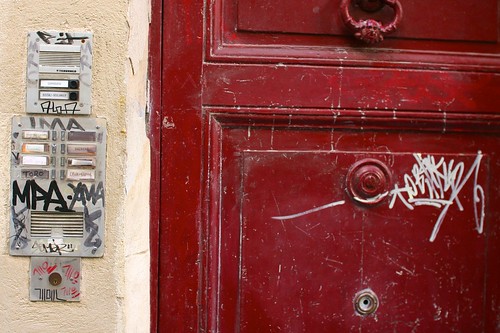
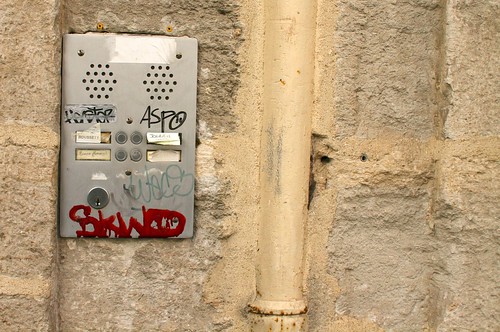
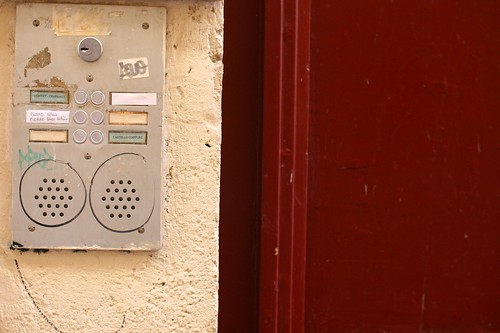
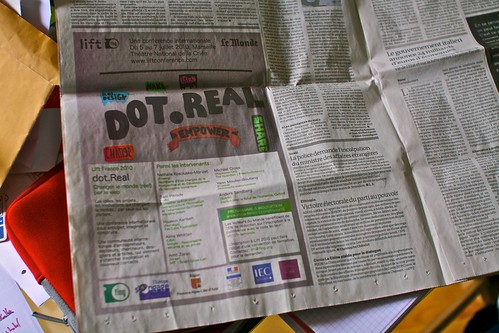
 It seems that these times are quite active with different announcements. As usual, some projects stay below the radar for a while and pop up here and there. Of course, some are bigger than others. Aside from the Lift conference,
It seems that these times are quite active with different announcements. As usual, some projects stay below the radar for a while and pop up here and there. Of course, some are bigger than others. Aside from the Lift conference, 

 A quick update on Lift09, the conference is taking shape. It's 6 weeks ahead, a good list of people registered already and the
A quick update on Lift09, the conference is taking shape. It's 6 weeks ahead, a good list of people registered already and the 